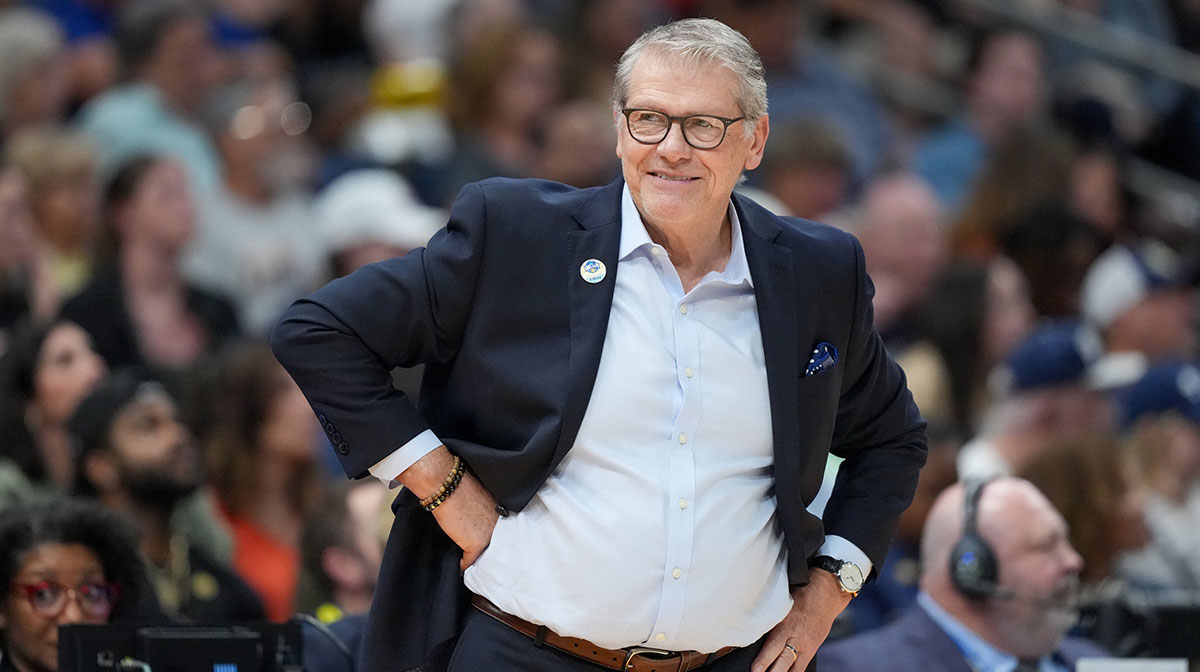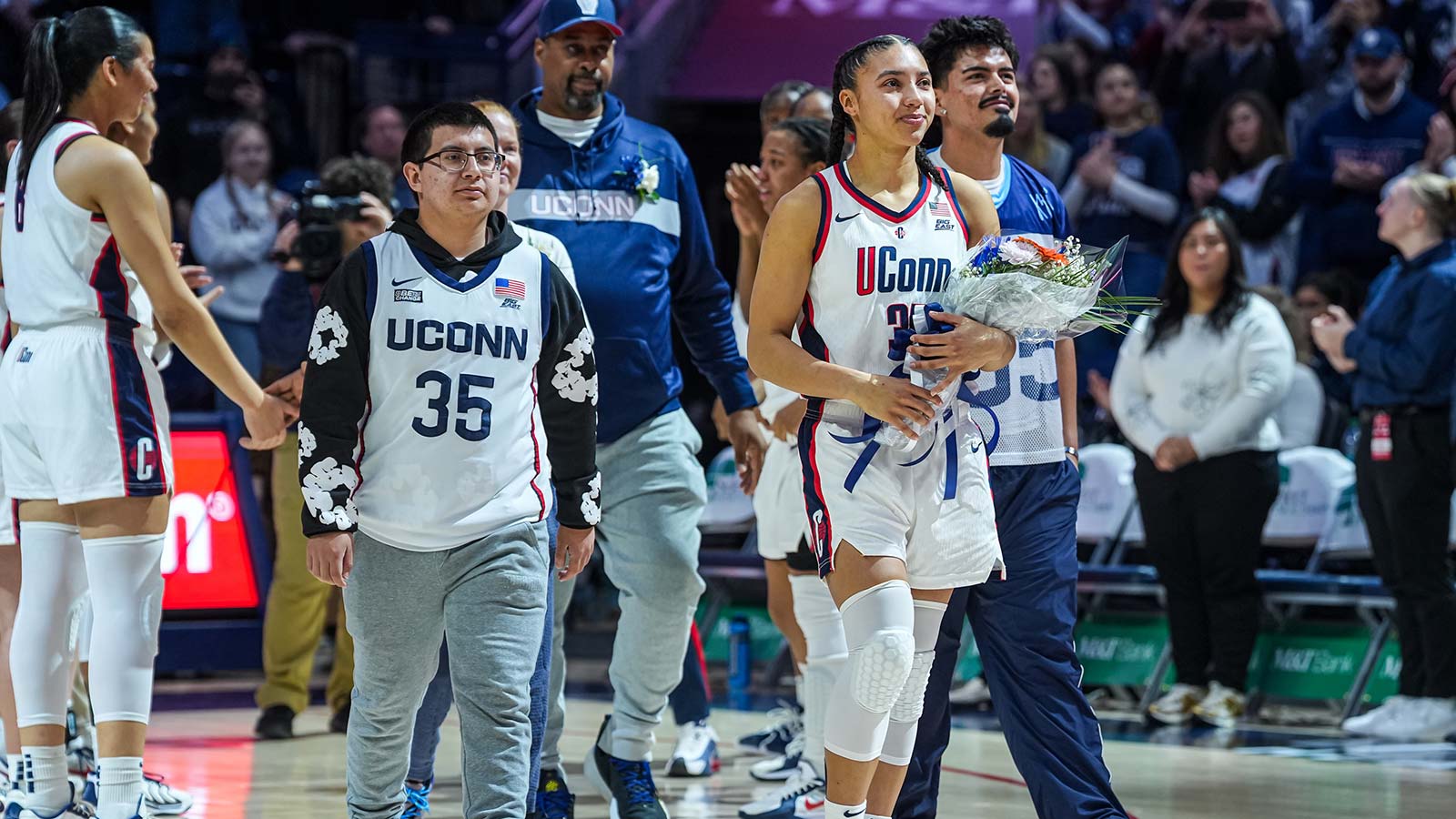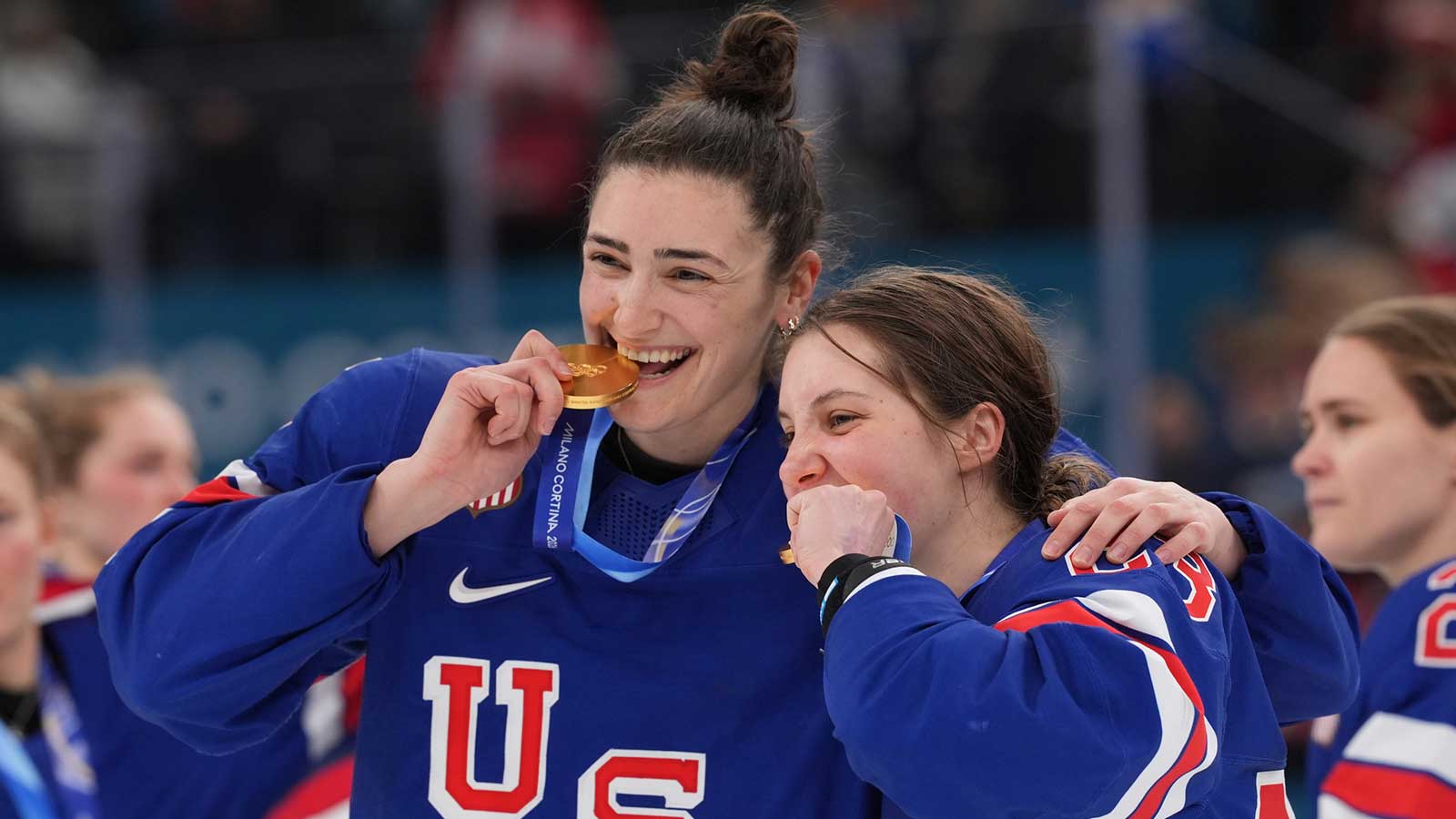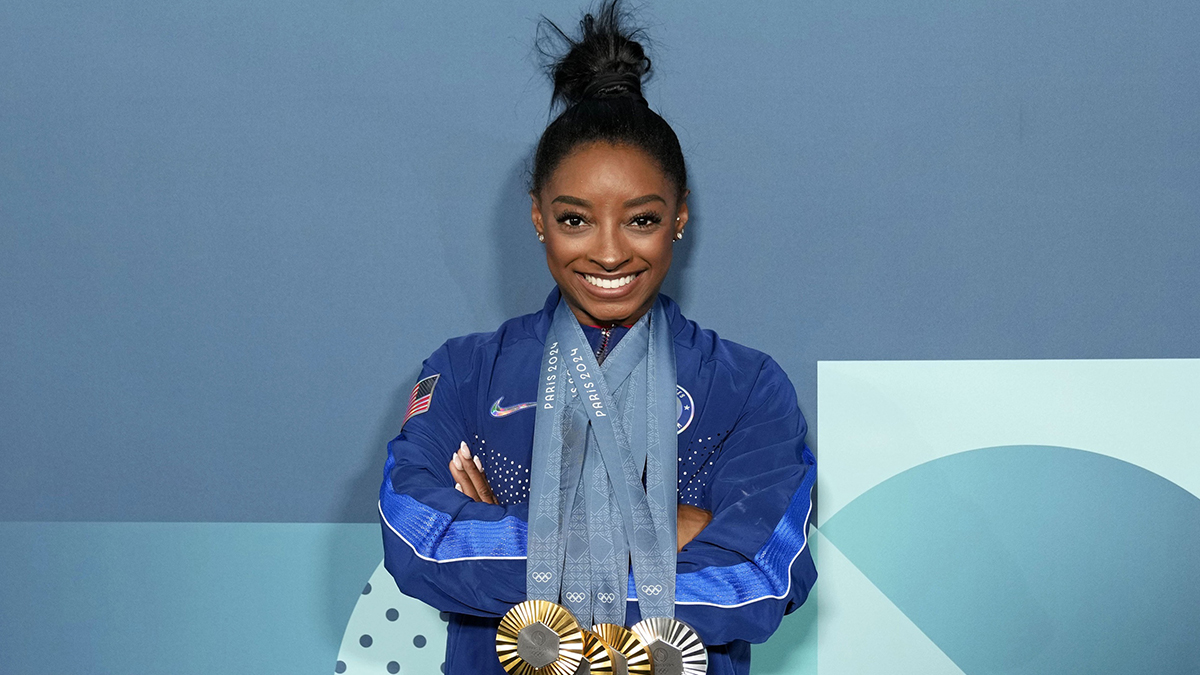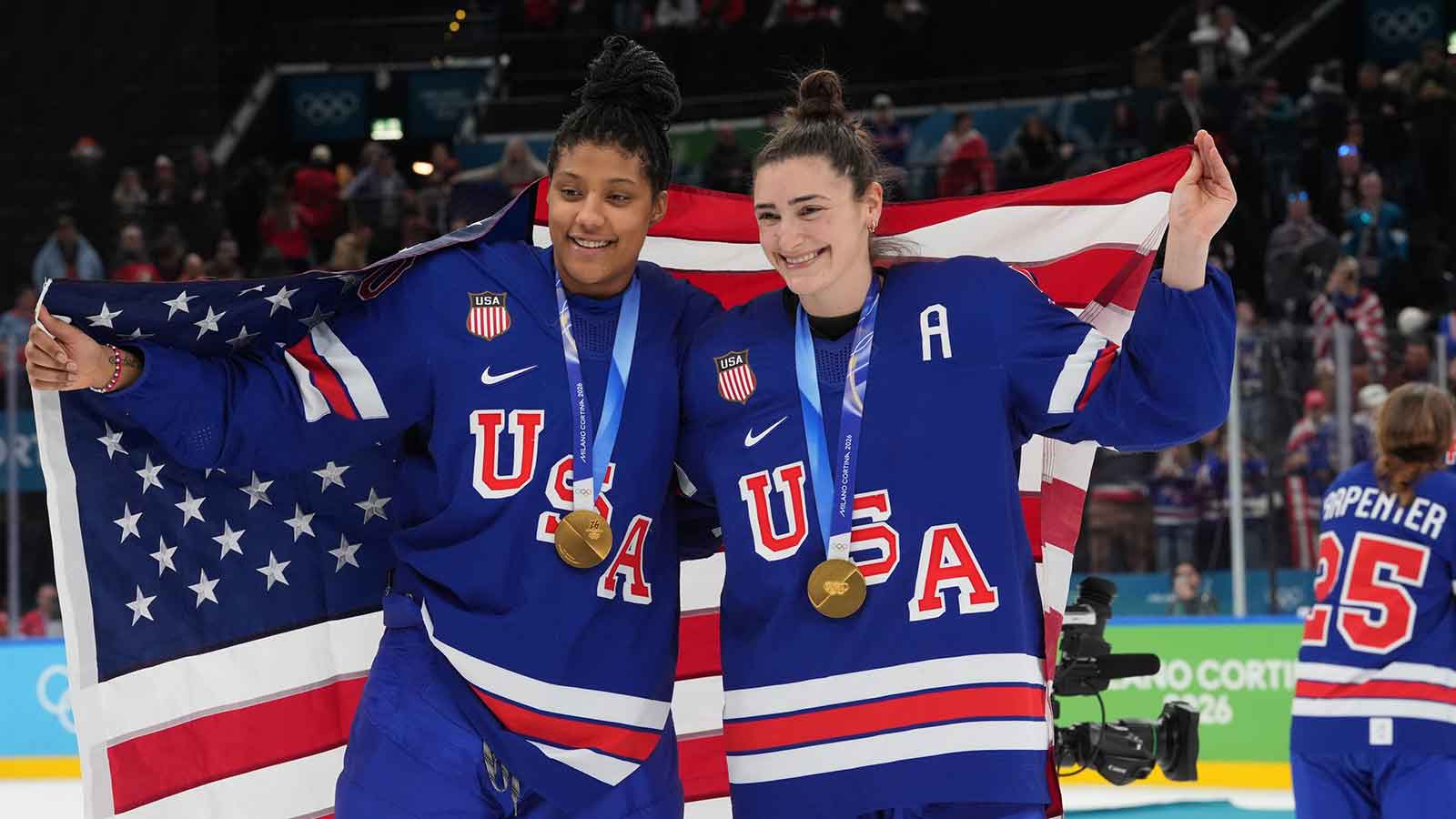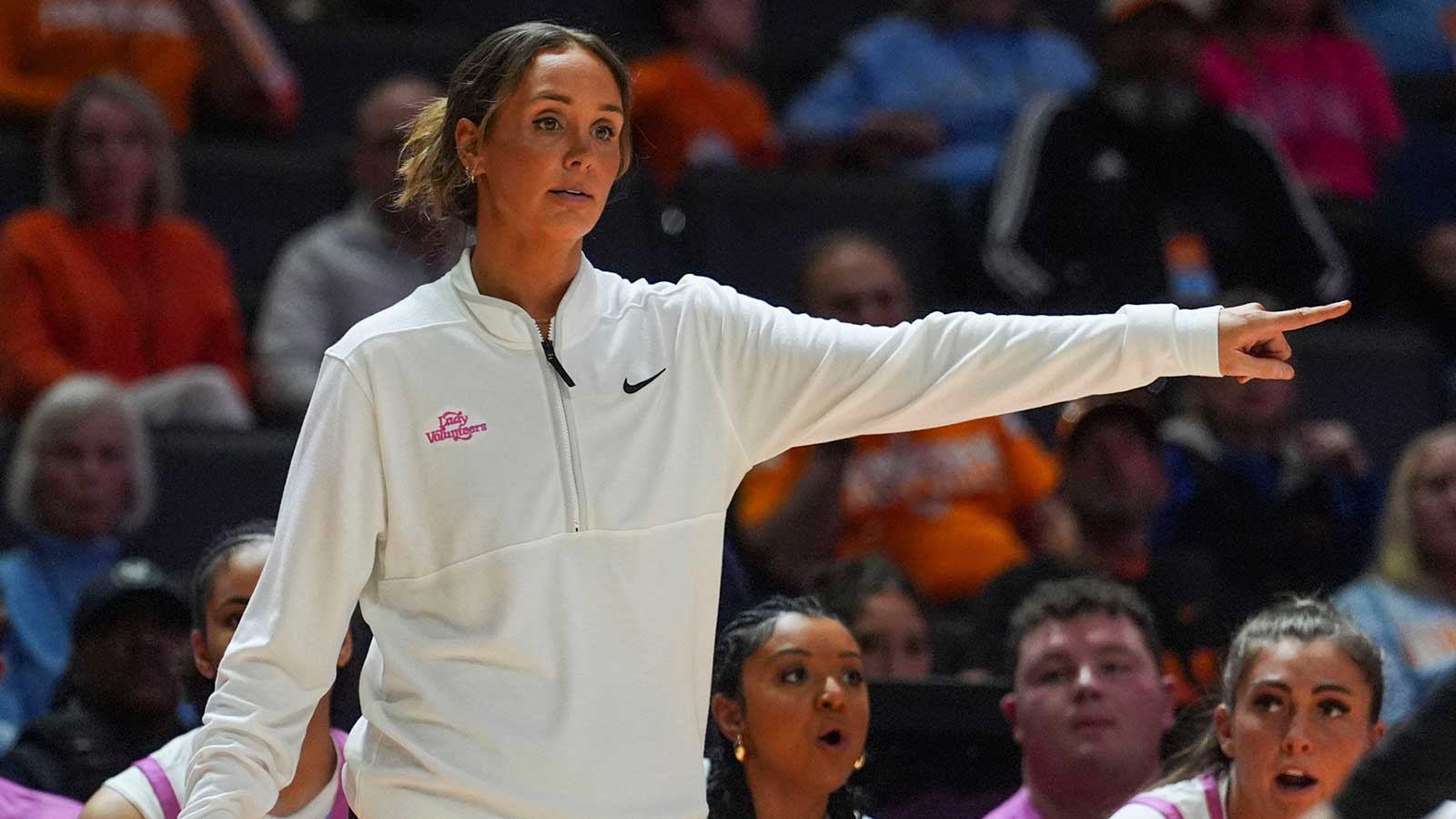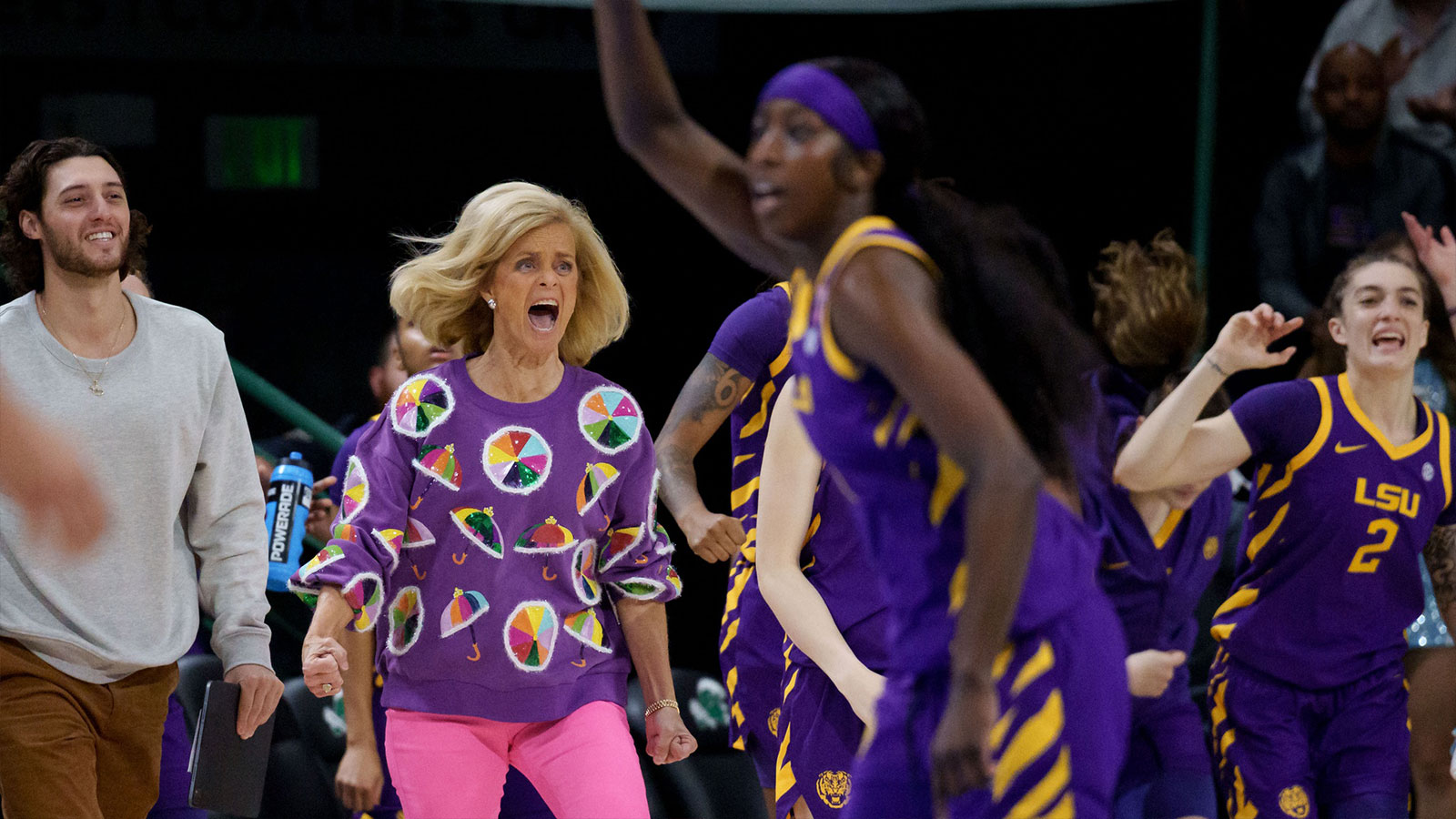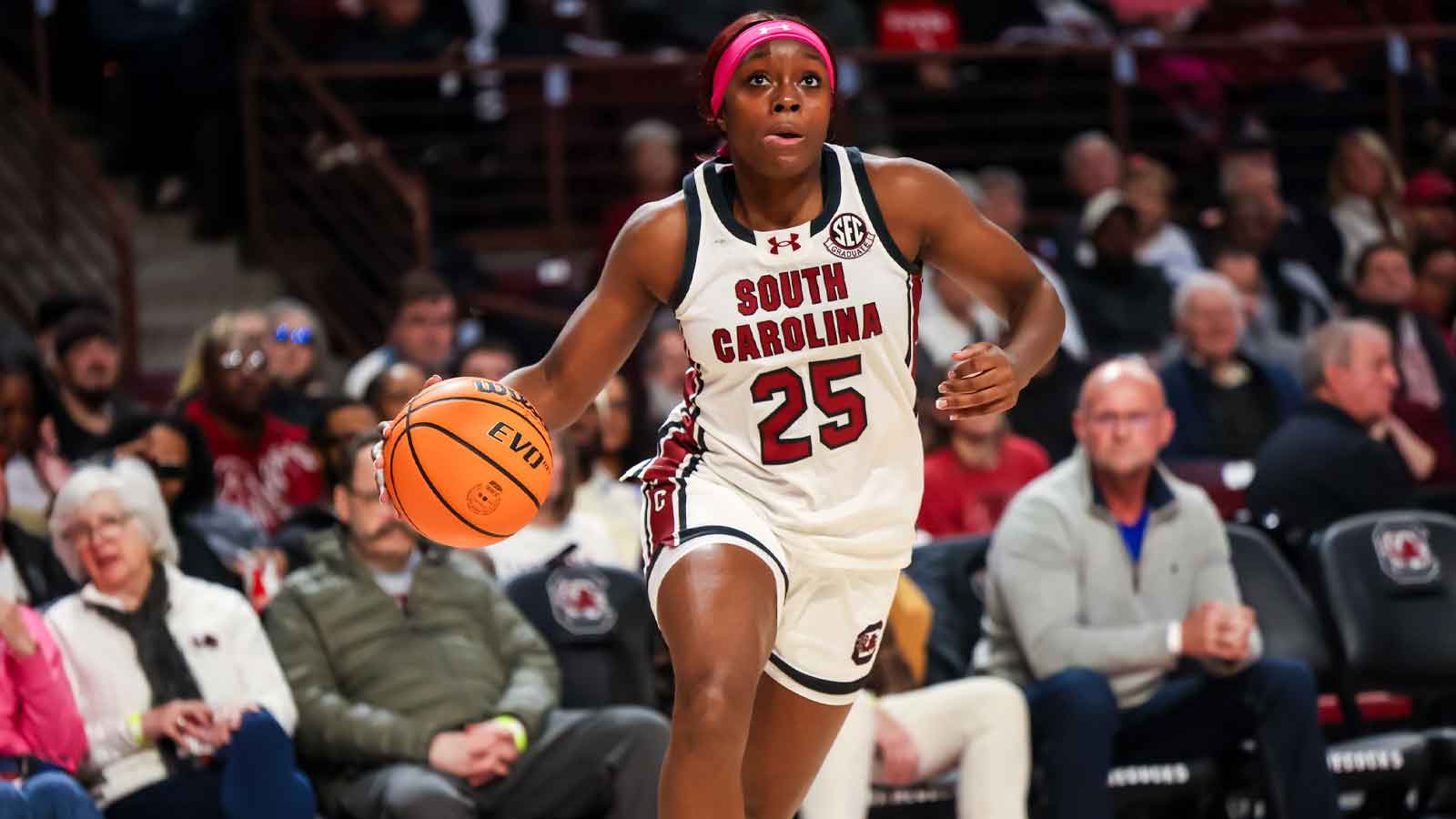In a landmark legal action that could reshape the dynamics of college sports' NIL system, 32 female athletes from the University of Oregon have filed a class action lawsuit Title IX for sex discrimination against their university. This significant move, involving 26 members of the women’s beach volleyball team and six club rowers, targets the university's NIL collective, Division Street, and its official NIL marketplace, Opendorse.
The lawsuit was filed in federal court and alleges that Oregon, soon to join the Big Ten conference, failed to provide equal financial aid and resources to its female athletes, in violation of Title IX. The complaint, spanning 115 pages, highlights the disparity in opportunities provided by Division Street to female athletes compared to their male counterparts. This imbalance is illustrated by On3’s NIL player valuation rankings, where three Oregon football players are among the top-100 college athletes nationally.
An investigation by The Oregonian, published in July, played a pivotal role in the suit, Daniel Libit of Sportico reported. The investigation revealed that Oregon likely fell short in five of the nine areas mandated for equal treatment under Title IX. Notably, the university's beach volleyball players have not received athletic grants-in-aid for a decade, a unique case among Power Five public school programs in the 2021-22 academic year. The lawsuit further points out the uneven spending by the university on female athletes, who comprise 49% of the athletes but receive only a quarter of the total athletic budget and 15% of recruiting dollars.
Plaintiffs represented by high-powered Title IX attorney
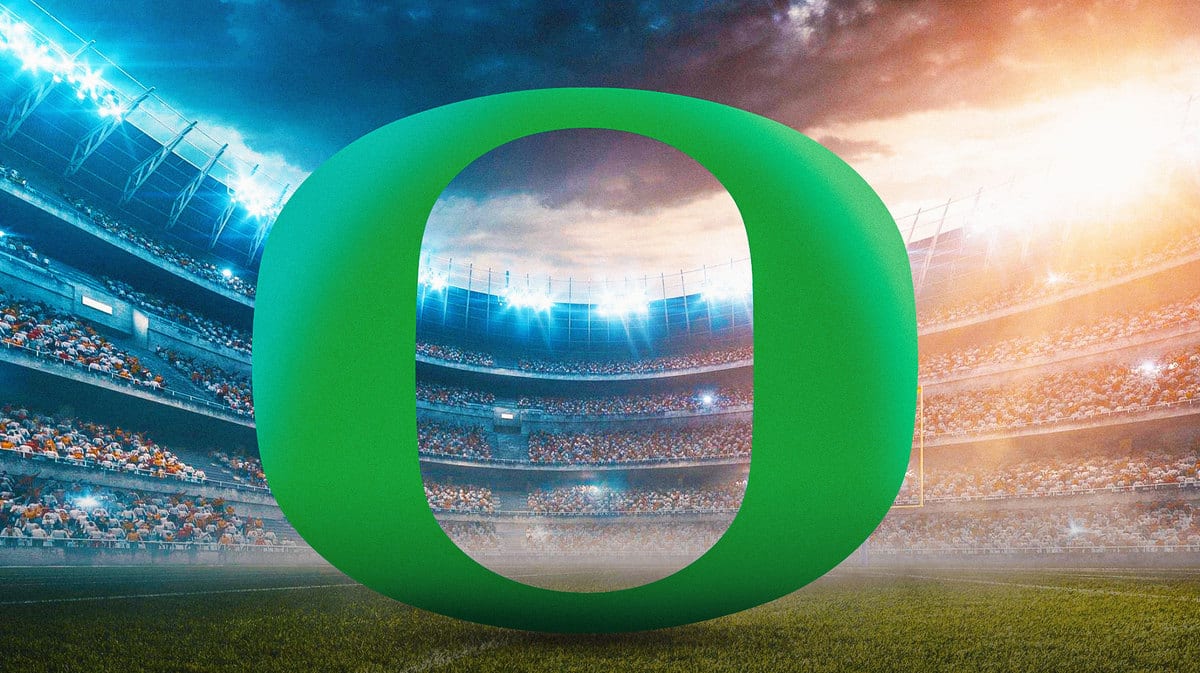
Arthur Bryant, a prominent Title IX attorney from Bailey & Glasser, represents the athletes. He has a history of engaging in significant sex discrimination cases against various universities and has shown interest in challenging the integration of NIL collectives in college sports, which some believe skirts gender equity requirements.
This lawsuit comes at a time when there's growing concern over how NIL collectives interact with universities and their potential Title IX implications. The Drake Group, a college sports reform organization, has previously raised concerns about the flow of NIL funds predominantly to male athletes. NCAA president Charlie Baker has also expressed worries about potential Title IX issues arising from collaborations between collectives and schools.
The lawsuit seeks not only to address disparities in scholarship monies but also in other areas such as facilities, mental health services, travel accommodations and more. The complaint includes disturbing descriptions of the beach volleyball team's practice conditions in a public park, contrasting sharply with the lavish facilities for the football team.
Ashley Schroeder, the lead plaintiff and beach volleyball captain, underscored the stark difference in treatment between male and female athletes at the university. She highlighted unsafe practice conditions and contrasted them with the well-funded and equipped male sports teams.
“We cannot use the restrooms there, because they’re not safe and, sometimes, people are in the stalls using drugs,” Schroeder said in a statement. “But the men’s teams have full scholarships, multimillion-dollar budgets, and professional-level, state-of-the-art facilities. I love the University of Oregon, but this hurtful, outrageous sex discrimination has to stop.”
This case is not the first instance of gender inequality in college sports being brought to light. Sedona Prince, a former Oregon women’s basketball star, previously spotlighted such disparities with a viral TikTok video during the March 2021 NCAA women’s tournament. Her transfer to TCU in April was a significant move in her career.









